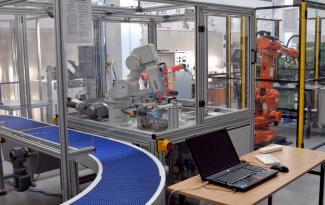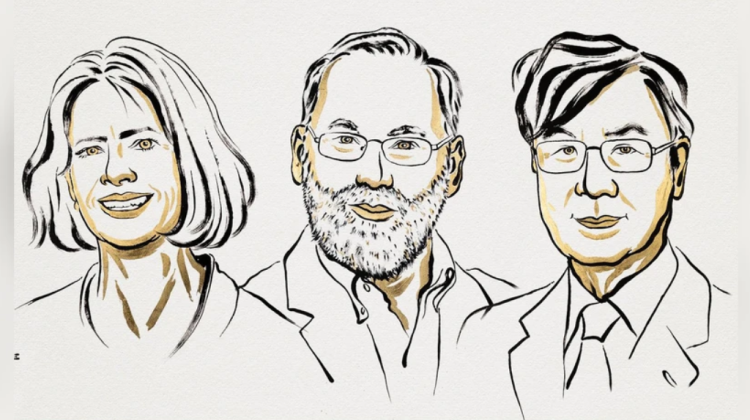Currently, research is being done on realizing close cooperation between the surgeon and the robot. It relies on inputting certain 'moves' that the surgeon has once performed and decided they might be useful in the future into the memory of the robot's control system (e.g. making surgical knots, suturing moves or incision moves). This should allow a retrieval of this information from the robot's memory during the operation to perform tasks set. Unfortunately, due to differences in human bodies, the robot will not perform these moves safely on its own and that is why its control system is designed in such a way that forces are generated on the master controller (Figure 1) held by the surgeon. These forces are always oriented toward the trajectory, therefore they do not 'push' the surgeons hand to complete the task faster but rather steer the hand gently so that it could take an optimal course.
Whoa, wait a second here! Something's wrong. Either each patient is different 'until the first surgery' (remember the shaving robot joke from my previous post) or there is something off with this system. Well, yes and no. The staff of the control issue is 'tactful suggestion of an optimal trajectory'. What it means is that the robot does exert forces on the surgeon's hand, yet they are so weak that the surgeon can easily counteract them. On the other hand, they are strong enough for the surgeon to feel them. So, it is totally up to the surgeon if the tool will follow the trajectory saved in the control system or if the trajectory will be modified and adjusted to the human body.
Are we dealing with the birth of the surgical robot's autonomy? To my mind, we aren't yet because without the surgeon's knowledge and expertise the robot will do nothing. Still, it can influence the course of the operation. Well, it would take a philosopher to tell what kind of control that is.
Anyone interested will be happy to know that Robin Heart is part of the estate of the Institute of Machine Tools and Production Engineering. You can learn about it in the elective course module medical and assembly robots or during the second cycle degree programme in automatic control and robotics run by the Faculty of Mechanical Engineering, which I sincerely invite you to pursue.





